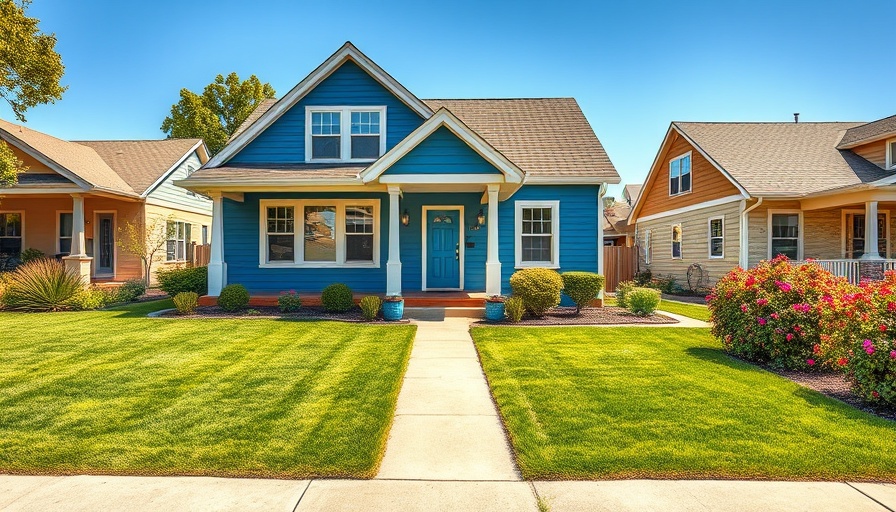
Understanding Mortgage Interest Rates: A Key Decision for Homebuyers
When exploring the world of home financing, one critical question arises: Should you buy down your mortgage interest rate? For many prospective homeowners, this inquiry can significantly impact overall affordability and long-term financial health. A mortgage buy-down means that buyers can pay upfront to secure a lower interest rate, potentially leading to substantial savings over time. However, before diving into this decision, let’s explore the various factors and scenarios in which buying down your mortgage interest rate might make sense.
The Financial Implications of Buying Down Your Rate
Buying down your mortgage interest rate typically requires a fee known as “points.” Each point is 1% of the loan amount, enabling you to lower your interest rate by a fraction. For instance, reducing your rate by 0.25% could cost you one point. When weighing the cost against long-term savings, consider how long you plan to stay in your home. A mortgage calculator can help illustrate potential savings versus costs.
When Does it Make Sense to Buy Down Your Rate?
For buyers planning to stay in their newly purchased home for an extended period—typically more than five years—buying down the interest rate can yield meaningful savings. This is particularly true in a rising interest rate environment, where locking in lower rates can shield homeowners from future market hikes. Additionally, if you have a strong financial portfolio with available cash reserves, utilizing funds for a buy-down could be a prudent move rather than waiting for rates to increase altogether.
The Role of Current Market Trends
The state of the real estate market plays a significant role in this decision. Currently, as the market shows fluctuations, cautious buyers may find advantages in securing lower rates now before potential increases. Real estate platforms like Zillow and Redfin provide insight into current mortgage rates, enabling buyers to make informed decisions. Monitoring such trends not only prepares buyers for the right moment to act but also aligns their financing strategies with the overall economic landscape.
Analyzing Your Financial Situation
Before committing to a buy-down, assess personal financial situations carefully. Consider costs associated with buying down a rate against other possible investment opportunities. If stronger returns can be found in investments like rental properties or new construction homes, redirecting those funds might be wiser. Conversely, for buyers seeking stability in monthly payments, a buy-down could align perfectly with their financial goals.
Consulting with Real Estate Professionals
The complexities of mortgage finance often warrant guidance. Engaging with a knowledgeable real estate agent or financial advisor can provide additional clarity. Agents can inform you about the latest in real estate trends while also guiding you through the nuanced calculations of interest rates, reinforcing the significance of their advice when deciding whether to buy down your mortgage interest rate.
Addressing Common Misconceptions
A prevalent misconception is that a buy-down is beneficial for every buyer. In contrast, those with shorter-term homeownership intentions may find this investment uneconomical. It’s also vital to differentiate between fixed and adjustable-rate mortgages, as the buy-down implications can differ significantly.
The Bottom Line: Making an Informed Choice
Ultimately, deciding whether to buy down your mortgage interest rate is subjective and should align with your financial strategy, housing plans, and market insights. For those ready to take a plunge into the real estate market or explore options beyond traditional homes, platforms like Trulia or commercial real estate listings offer various opportunities to explore.
The key takeaway is to approach the buy-down option with informed foresight, leveraging resources and professional insights to aid your decision-making process.
 Add Row
Add Row  Add
Add 




Write A Comment